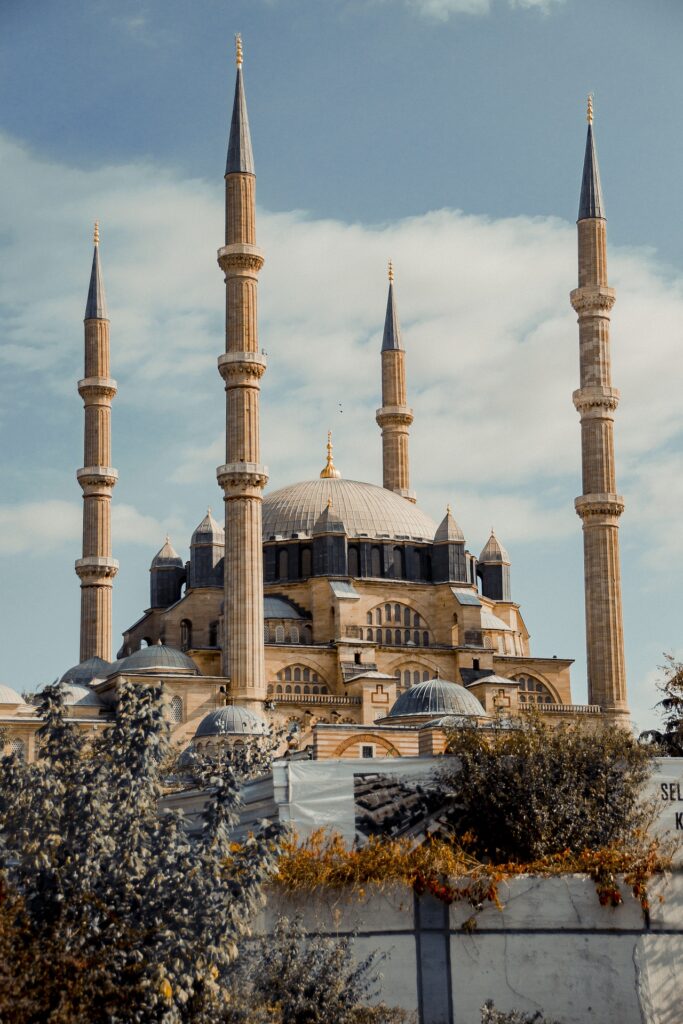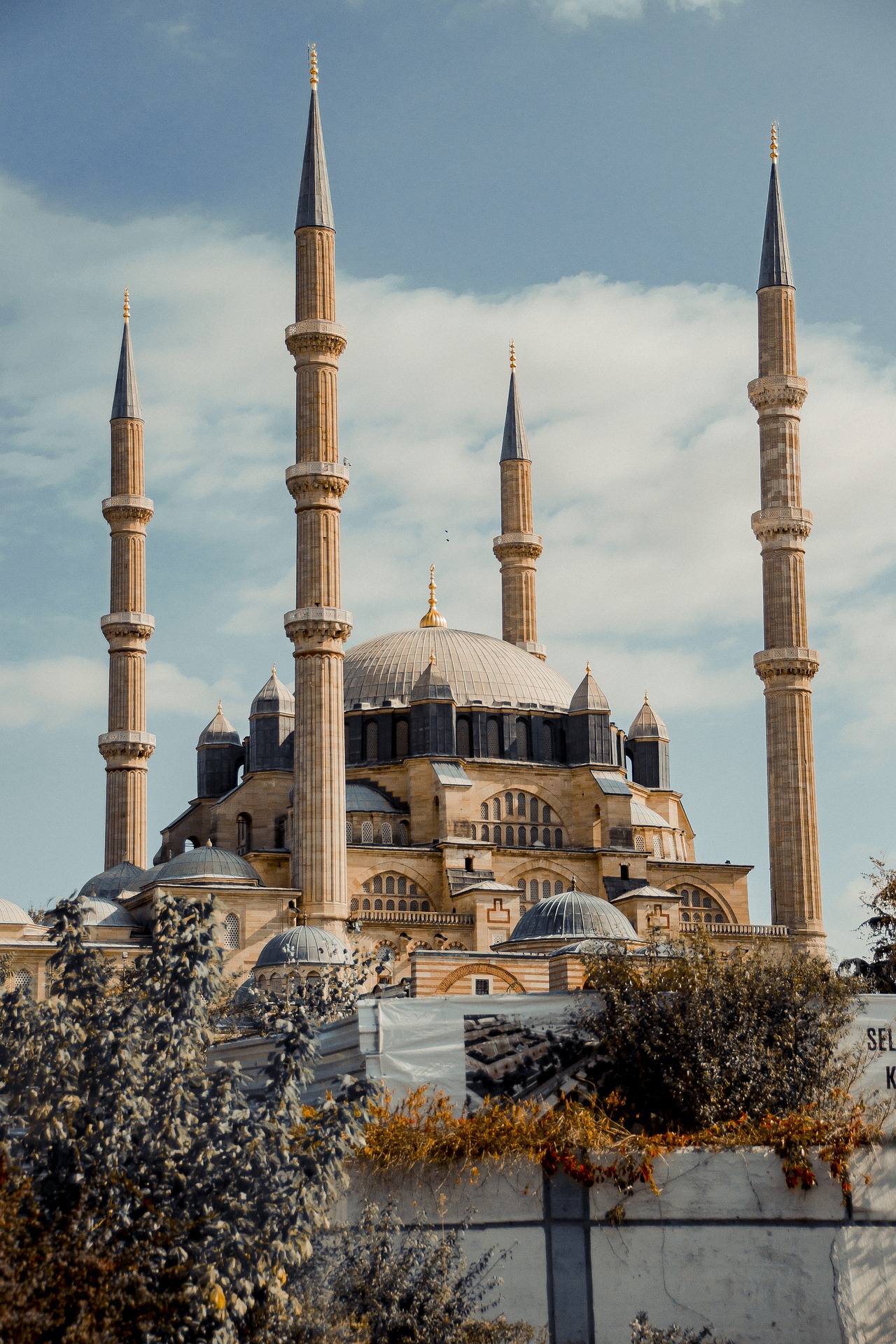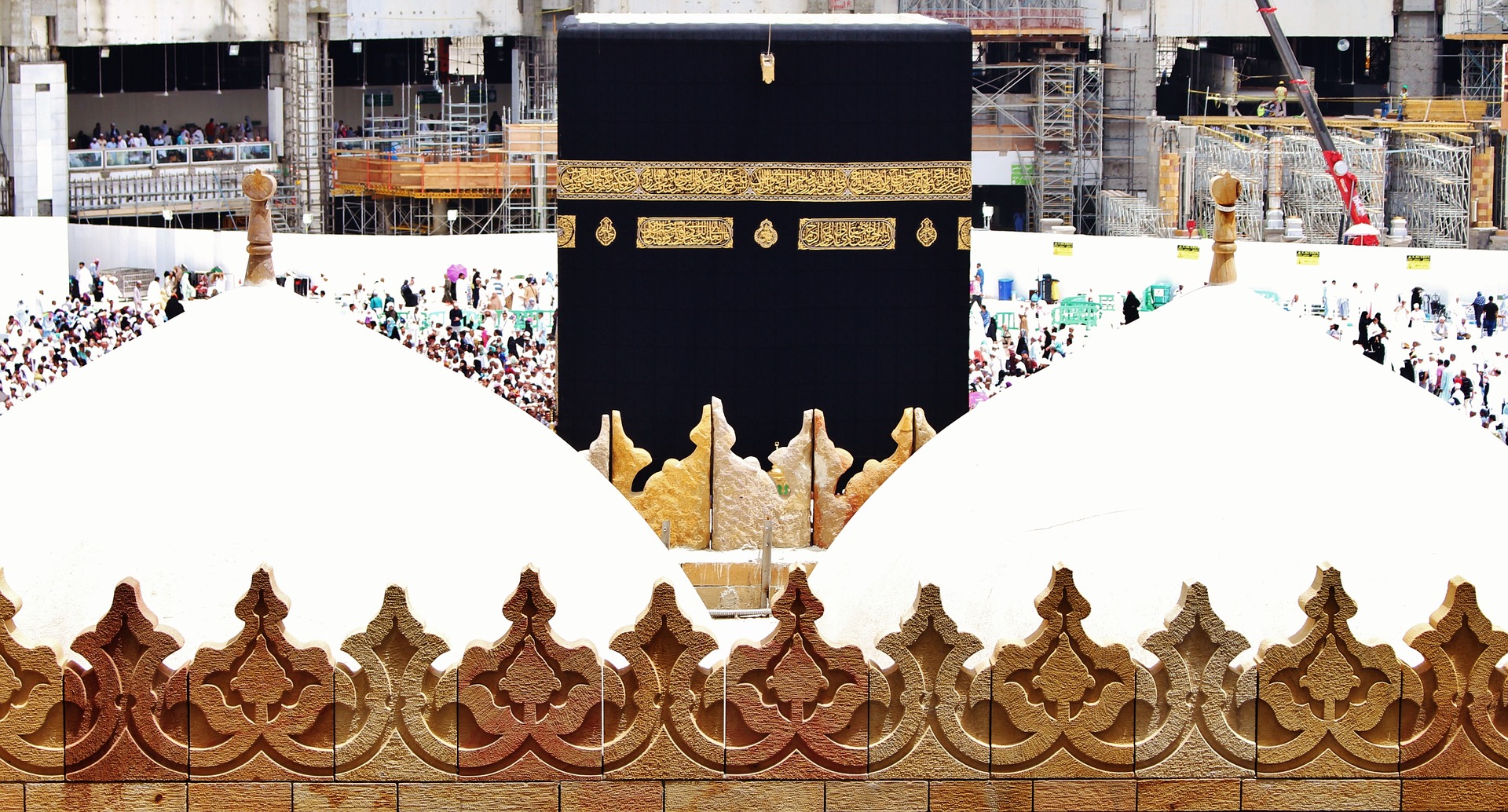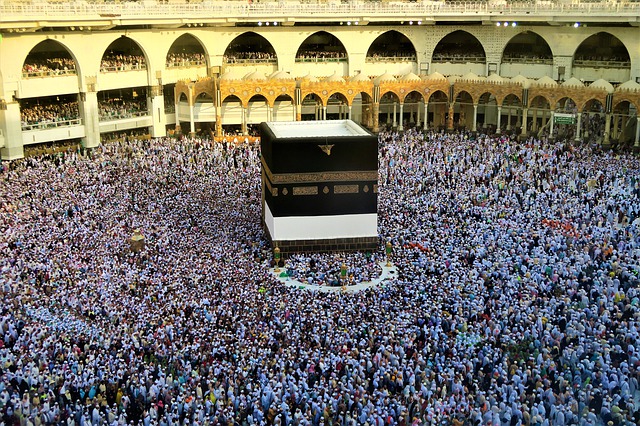What is Islam? Understanding the Foundations of the Muslim Faith
What is Islam? Understanding the Foundations of the Muslim Faith

Islam, which literally means “submission” or “surrender” to the will of God, is a monotheistic religion founded on the teachings revealed by Allah (God) to the Prophet Muhammad (peace be upon Him) in the 7th century. Today, Islam is practiced by more than 1.8 billion people worldwide, making it the second-largest religion globally. Islam is based on principles of faith, religious practices, and morality, which touch every aspect of a believer’s life. In this article, we will explore the foundations of this faith, its core practices, and its essential values.
Book your free trial lesson
Don’t want to go through the translation anymore?
30 free minutes with your qualified Egyptian teacher.
The Belief in One God
The central pillar of Islam is the belief in one God, Allah. This concept of tawhid (the oneness of God) is at the heart of the Islamic faith. Muslims believe that Allah is the Creator of everything that exists and that He is incomparable, without equal, and has no partners. This belief is expressed in the first verse of Surah Al-Ikhlas:
“Say, He is Allah, [who is] One, Allah, the Eternal Refuge.” (Quran, 112:1-2)
Islam teaches that all worship and devotion must be directed solely to Allah. Any form of idolatry or associating other deities with Allah is considered a major sin, known as shirk.
The Prophet Muhammad (peace be upon Him)
The Prophet Muhammad (peace be upon Him) is the last of the messengers sent by Allah. According to Islamic belief, he received the divine revelation in the form of the Quran, which is the holy book of Islam. The Prophet Muhammad (peace be upon Him) is described in the Quran as a guide and a perfect example for humanity:
“Indeed in the Messenger of Allah you have an excellent example for anyone who follows him and [who] remembers Allah often.” (Quran, 33:21)
Muslims follow his teachings and behavior, known as the Sunnah, to live a life that is in accordance with Allah’s commandments.
The Five Pillars of Islam
Islam is built upon five fundamental pillars that structure the spiritual and daily lives of every believer. These pillars are essential practices to be followed by any practicing Muslim.
Shahada (Declaration of Faith): The declaration of faith is simple yet powerful: “There is no god but Allah, and Muhammad is His Messenger.” This statement encapsulates the core of Islamic belief.
Salat (Prayer): Muslims pray five times a day, facing Mecca, in an act of devotion and constant reminder of Allah. Prayer is a direct link between the believer and the Creator.
Zakat (Almsgiving): The obligatory charity is a form of purification of one’s wealth. It involves giving a portion of one’s income to the needy, emphasizing the importance of social justice and solidarity in Islam.
Sawm (Fasting during Ramadan): During the holy month of Ramadan, Muslims abstain from eating, drinking, and other activities from dawn until sunset in an act of spiritual purification and personal discipline.
Hajj (Pilgrimage to Mecca): Every Muslim who is physically and financially able must perform this pilgrimage at least once in their lifetime. The Hajj is a time of unity and brotherhood for the global Muslim community.
The Quran: The Holy Book of Muslims
The Quran is the direct word of Allah, revealed to the Prophet Muhammad (peace be upon Him) over a period of 23 years. It is written in Arabic and is divided into 114 chapters (surahs). The Quran guides Muslims in all aspects of life, from religious worship to social interactions. It is considered infallible and timeless. Islamic scholars have interpreted its verses to provide answers to contemporary challenges while maintaining the essence of divine teachings.
Allah says in the Quran:
“This is the Book about which there is no doubt, a guidance for those conscious of Allah.” (Quran, 2:2)
Ethics and Morality in Islam
Islam emphasizes strict ethics and exemplary moral behavior. Believers are encouraged to act with justice, kindness, and compassion towards others. An authentic hadith reports that the Prophet Muhammad (peace be upon Him) said:
“The best among you is the one with the best character.” (Reported by Al-Bukhari)
Islamic teachings also advocate moderation, forgiveness, and respect for the rights of others. Islam strongly condemns dishonesty, injustice, oppression, and corruption.
Conclusion
Islam is more than just a religion; it is a complete way of life that guides believers in their relationship with Allah, themselves, and society. By submitting to Allah’s will, a Muslim finds inner peace, harmony, and spiritual fulfillment. The teachings of Islam, rooted in the Quran and Sunnah, offer answers to humanity’s existential questions while encouraging a life of righteousness and virtue.
To Know More: Discover our online Islam courses
Chosen and Trusted by Thousands of Satisfied Learners
Discover the experiences of our delighted clients who have thoroughly enjoyed utilizing this standout feature.
Alhamdulillah I‘m very pleased with the arabic and Qur’an lessons I receive from teacher Umm Tasneem and I‘m also content with the al-dirassa administration team who were very quick in answering any questions I had. In a month I progressed a lot and I cannot wait to continue my studies with al-dirassa. May Allah reward everyone at al-dirassa.
Verified review - view original
My Qur’an teacher is fantastic, she teaches me in a loving and kind way where I look forward to the lessons and learn so much. My Arabic teacher is equally as nice and has a lot of patience with me, she has great expertise in the field and I’ve progressed really quickly with her. Thank you Al-dirassa!
Verified review - view original








